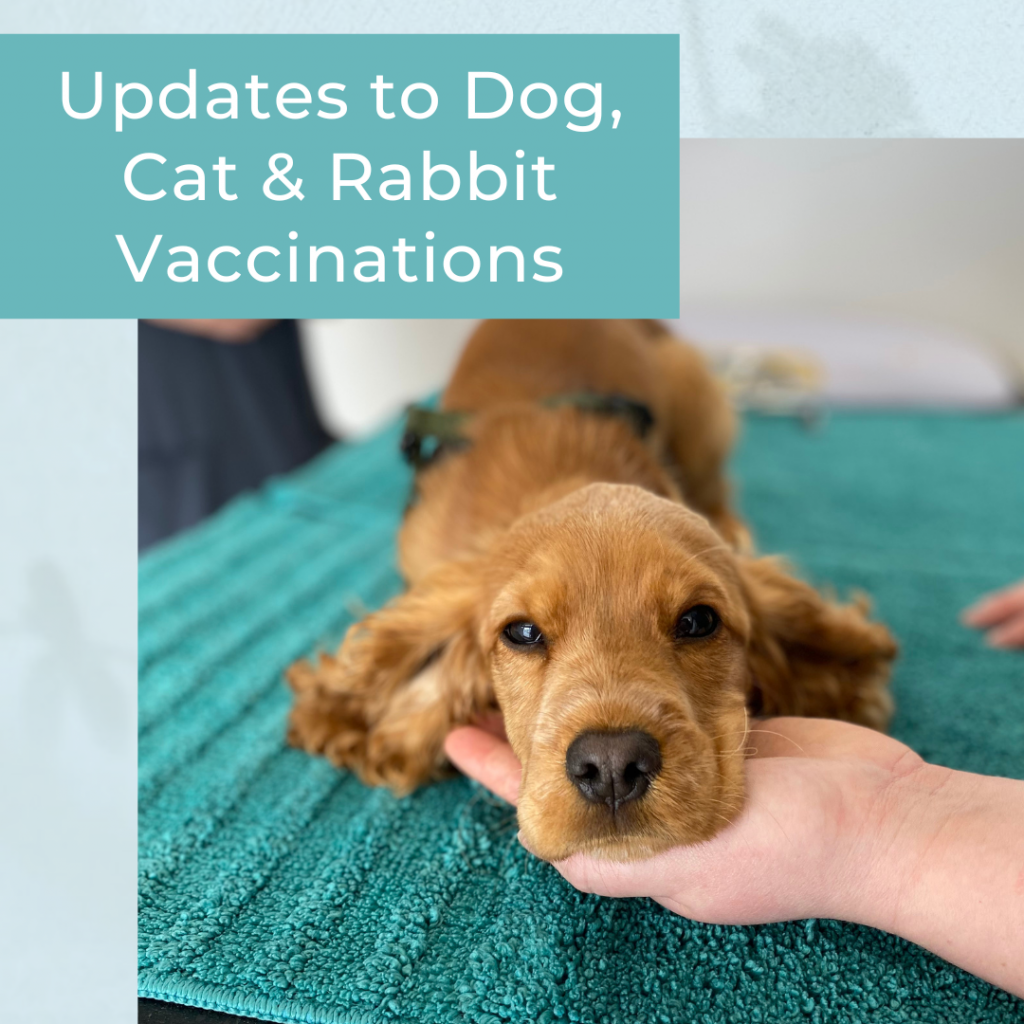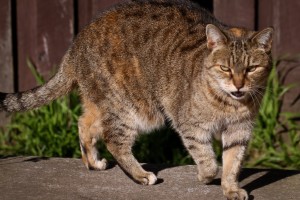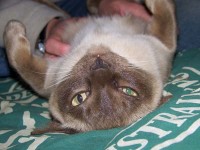
We are currently in the process of making some changes to our vaccination protocols that affect dogs, cats and rabbits.
Please continue reading to see what these changes mean for you and your pet.
DOGS – Kennel Cough Vaccine
Historically, at Hall Vet Surgery and Vets at Amaroo we have used a once yearly intranasal (administered via the nostril) kennel cough vaccination. We are currently experiencing difficulties sourcing this intranasal vaccine, which has led our vets to change our kennel cough vaccination protocol to an injectable vaccine. We have already been using this injectable vaccine for years, mainly for dogs who are head shy, aggressive or fearful at the vet, as it is easier to administer than the intranasal vaccine for these patients.
What does this mean for you & your dog:
At your dog’s next yearly check up, they will be transitioned onto the injectable kennel cough vaccine protocol. They will receive their first dose of this vaccine, and will require 1 booster dose 2-4 weeks later. If your pet is well, this injection can be given by one of our veterinary nurses and there won’t be an additional consultation fee, just the fee for the vaccine itself.
After this point, your dog will continue on with a yearly kennel cough vaccine at their annual check up & vaccination review. This vaccine can be mixed with their C3 vaccine prior to administration, meaning they will only receive a single needle for these (and nothing down their nose!), hopefully making the experience a little nicer for them.
CATS – FIV Vaccine
Unfortunately, our FIV vaccine is out of stock with all suppliers, with an ETA date of December. We do still have a small supply of the vaccine available at both clinics, however this may run out before the vaccine is back in stock with our suppliers. The FIV vaccine is recommended for any cats who spend time outdoors to protect from Feline Immunodeficiency Virus, which is spread cat to cat via the saliva of an infected cat.
What does this mean for you & your cat:
The vaccine manufacturer has confirmed that if your cat is less than 3 months overdue when the vaccine is back in stock, they can just receive their normal single dose and continue on with a yearly schedule. If your cat is more than 3 months overdue when the vaccine is back in stock, they will require an initial dose and then a booster dose 2-4 weeks later. If your pet is well, the booster can be given by one of our veterinary nurses and there will not be an additional consultation fee, just the fee for the vaccine itself.
For any cats more than 3 months overdue, risk prevention measures may be beneficial. Such as keeping them indoors until they are back up to date with vaccines, or supervising them during any outdoors time.
RABBITS – RHDV Vaccine
Currently all rabbit owners have been advised to get their rabbits vaccinated and health checked every 6 months with a vaccination that protects against Rabbit Haemorrhagic Disease, more commonly known as Calicivirus. This vaccination only covered against 1 strain of disease – RHDV1. We have just upgraded our vaccination with the recent introduction of a new and improved vaccine (Filavac®) in Australia. Filavac can give protection to rabbits from both the RHDV1 strain and the RHDV2 strain of calicivirus. We feel that this extra level of protection for rabbits in terms of vaccinations is important to ensure that we provide your rabbit with the best preventative care possible. This vaccination can be given to rabbits from 10 weeks of age and then repeated annually.
What does this mean for you & your rabbit:
At your rabbit’s next check up & vaccination, they will be given the new vaccine and transferred to the new yearly vaccination protocol. Your rabbit will still benefit from 6 monthly check ups, please discuss with your vet at your next appointment.


